Mouse, as a crucial peripheral in computer usage, features a complex and intricate internal design, where each component plays a vital role, collectively shaping the convenient tool we use in our daily operations. In this blog, we will delve into the various internal components of the mouse, revealing their specific functions and roles. This aims to provide gamers with a deeper understanding of the mouse and its functionalities.

1.Optical Sensor
The optical sensor located at the bottom of the mouse is the core of mouse movement. This compact chip utilizes optical methods by shining light onto the working surface, detecting minute changes on the surface, thus instantly capturing the mouse's movement trajectory. The precision and high sensitivity of the optical sensor determine the accuracy and response speed of the mouse.
2.Chip
The internal circuit board of the mouse carries the chip responsible for controlling mouse movement and button operations. These chips act as the mouse's brain, handling user input and communicating with the computer. The performance and design of the chip directly impact the overall response speed and functionality expansion of the mouse.
3.Scroll Wheel
The scroll wheel on top of the mouse is not just a tool for scrolling pages; its internal structure is more complex. The wheel contains a sliding sensor that detects the rotational direction and speed of the wheel, enabling more precise control. Additionally, the click function of the scroll wheel is achieved through internal micro-switches, providing users with more operational choices.
4.Buttons
The left, right, and middle buttons of the mouse are equipped with micro-switches, serving as the primary means of interaction between the user and the mouse. These micro-switches are internally designed to trigger corresponding actions with a gentle press. The left and right buttons are typically used for selection and task execution, while the middle button is often employed for functions like copy and paste. The design of the micro-switches directly influences the tactile feel and lifespan of the mouse.
5.Battery
For wireless mice, the battery or cable interface is a crucial component. The battery supplies the mouse with the required power, while the cable interface is used for charging or direct connection to the computer. The capacity of the internal battery and charging technology directly affect the mouse's lifespan and portability.
6.Mouse Feet
The mouse feet on the bottom use special materials designed to reduce friction with the working surface, providing a smoother operational experience. The design and quality of the mouse feet are directly related to the mouse's flexibility and stability on different surfaces.
7.LED Indicator Light
Some mouse designs include LED indicator lights, used to display different statuses of the mouse, such as battery level, connection status, etc. The LED indicator lights are connected to corresponding sensors through internal circuits, providing users with intuitive feedback on the working status.
Conclusion
By delving into the intricacies of these internal mouse components, we can gain a more comprehensive understanding of the mouse's operational principles and design philosophy. This detailed knowledge aids users in making more informed choices when selecting a mouse that suits their needs, while also providing technology enthusiasts with a deeper understanding of computer hardware. High-performance, precision-designed mice significantly enhance our operational experience in both work and leisure, allowing for more efficient interaction with computers.
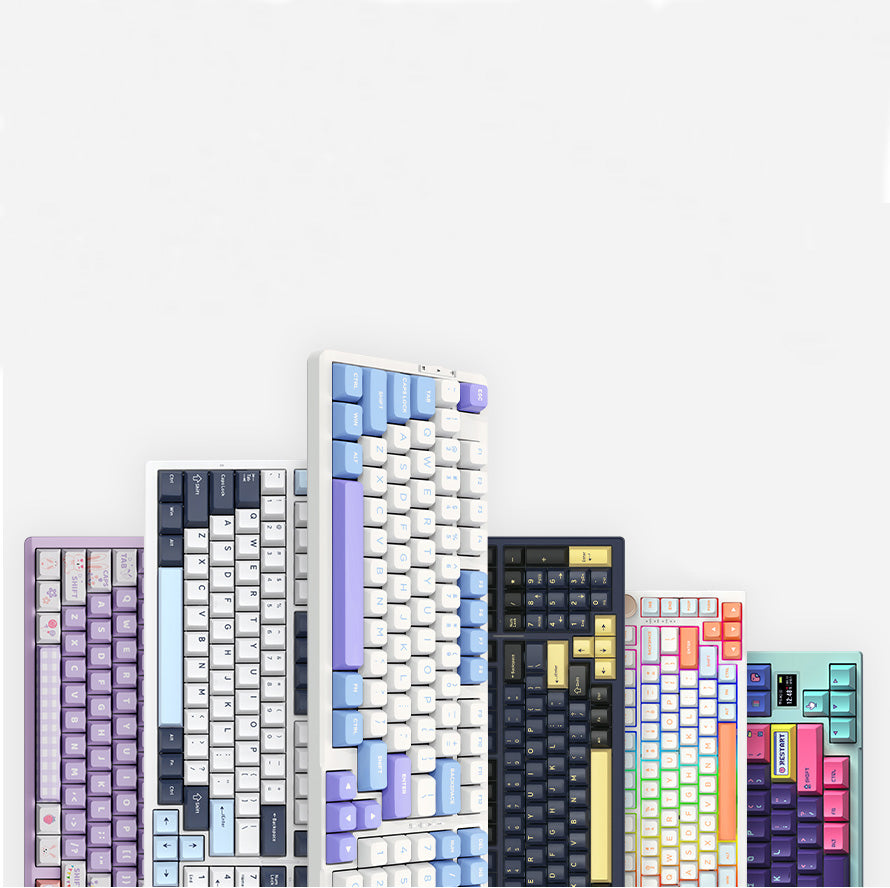

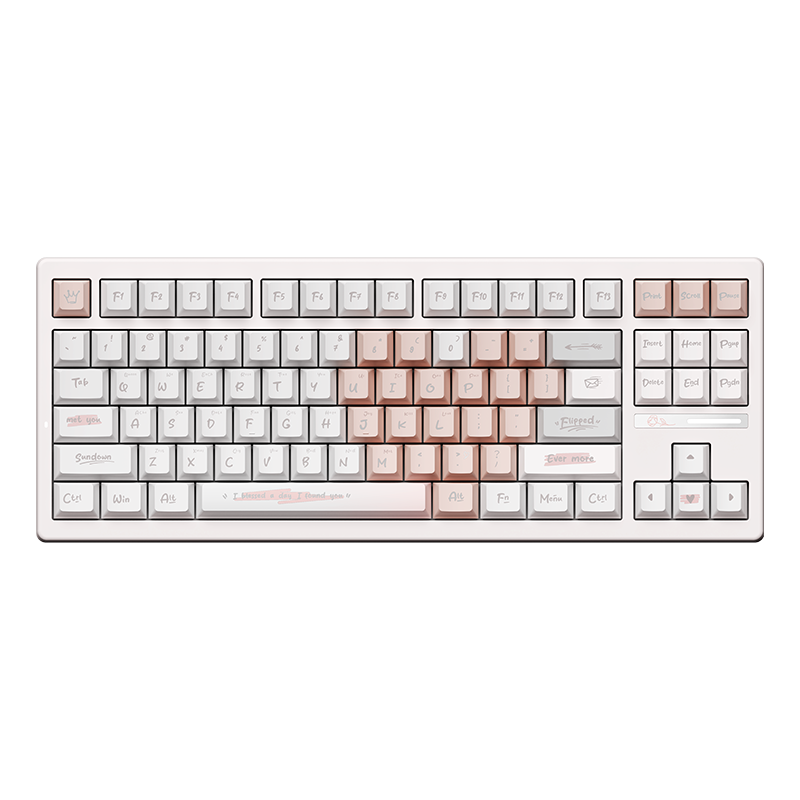
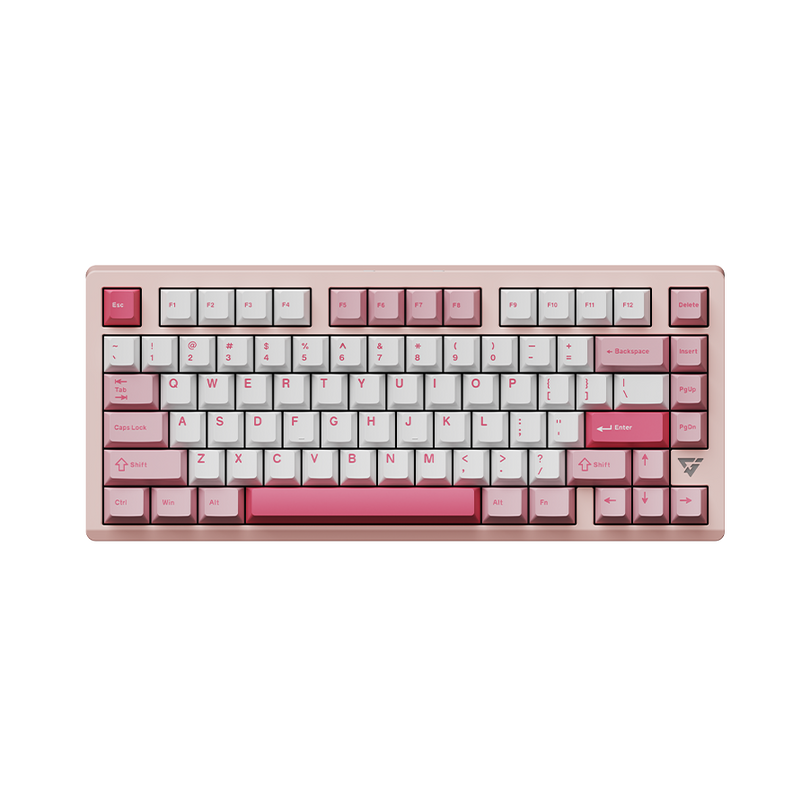
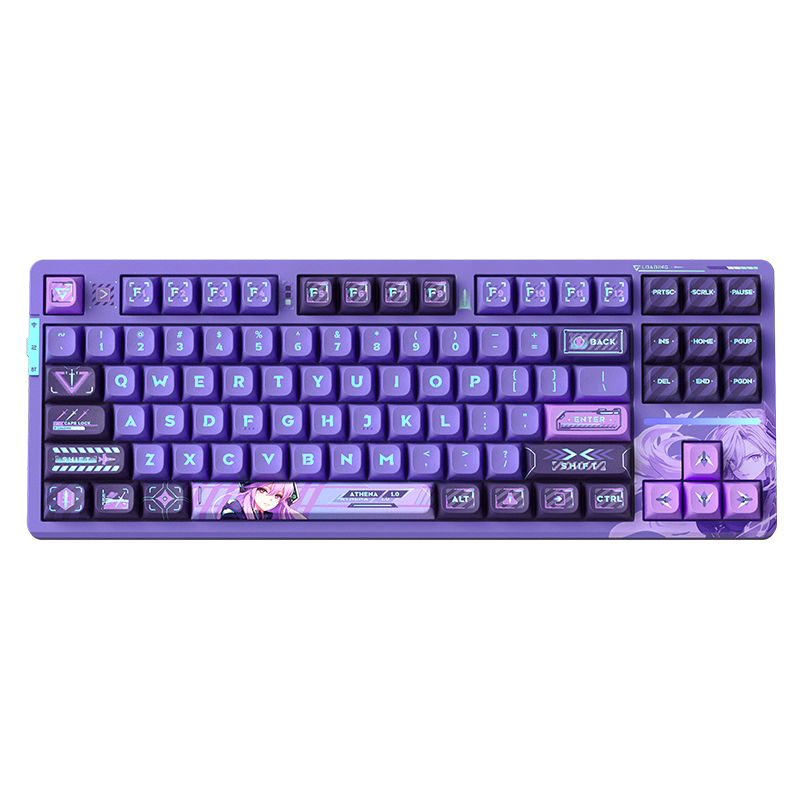
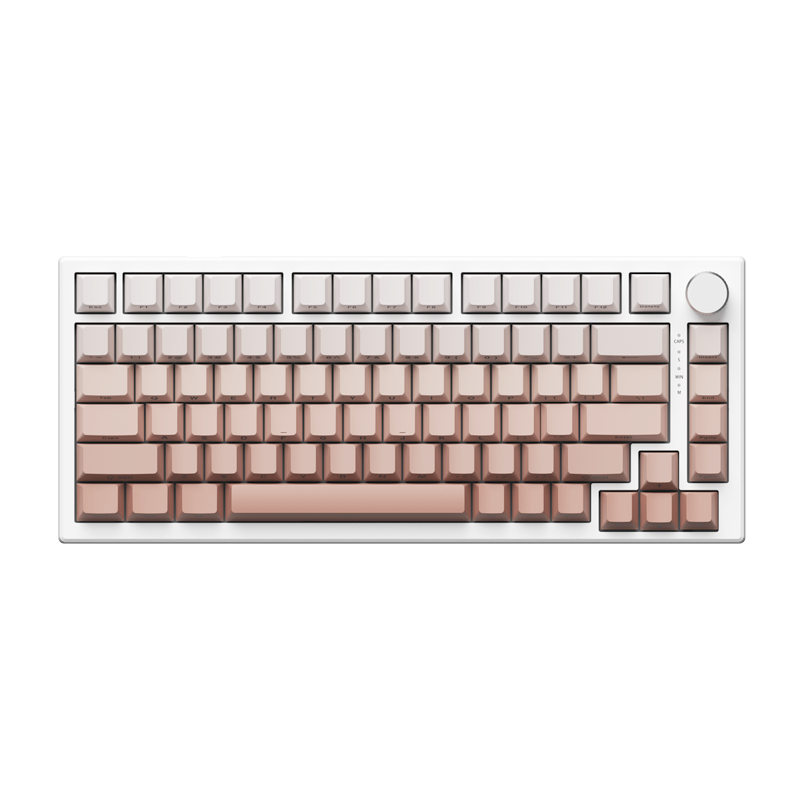
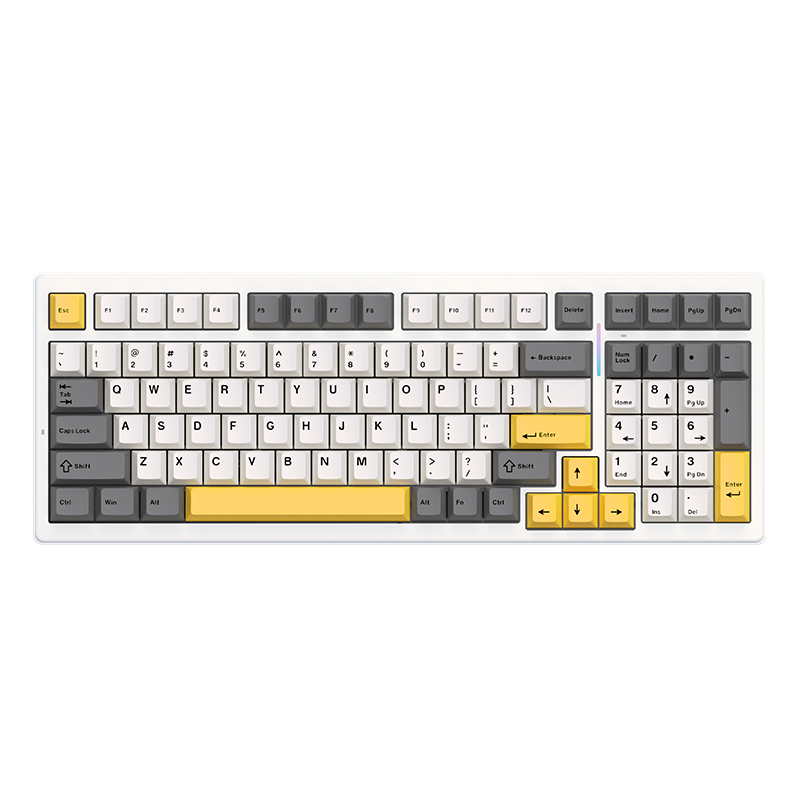
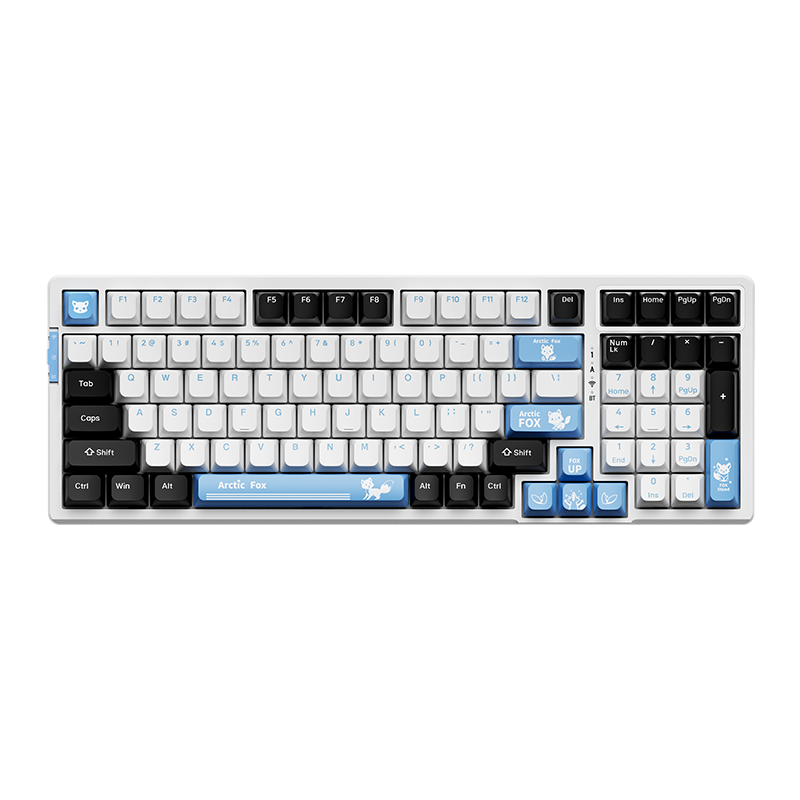
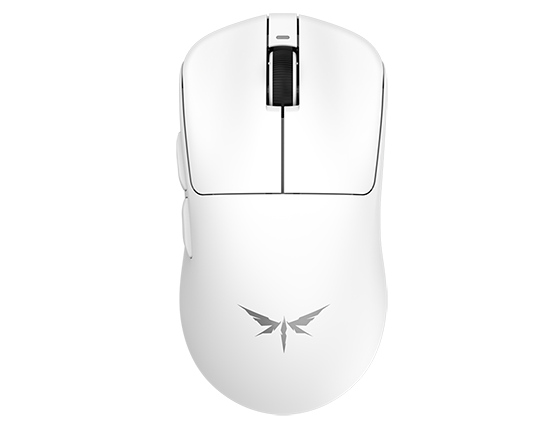
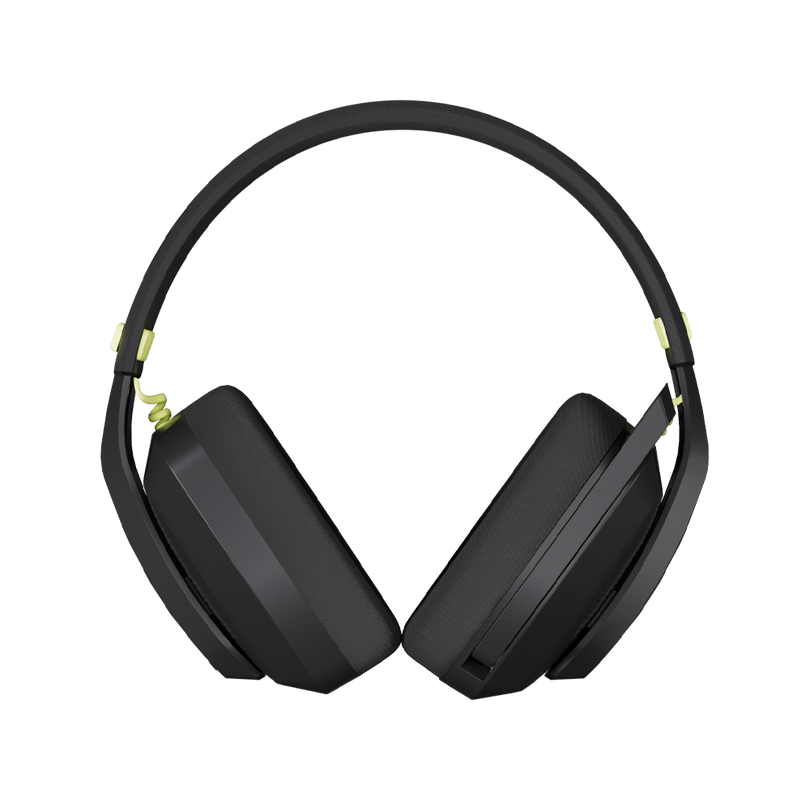
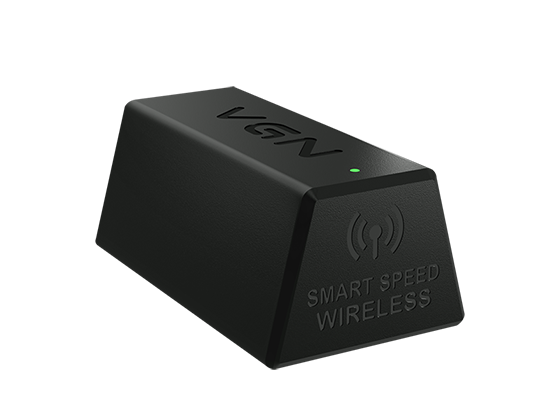
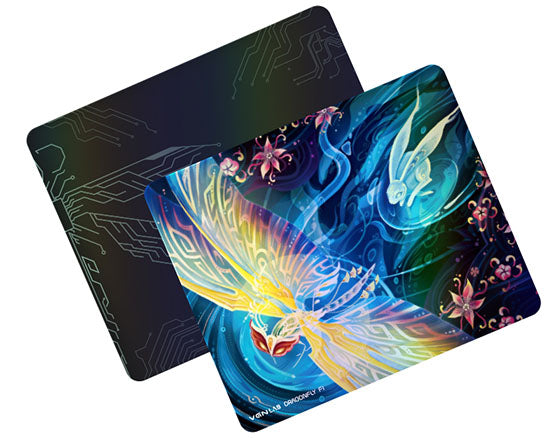
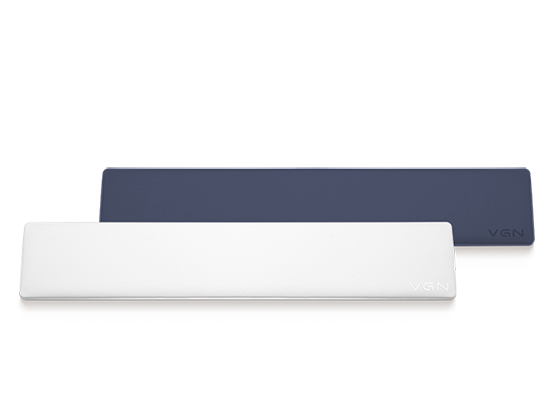

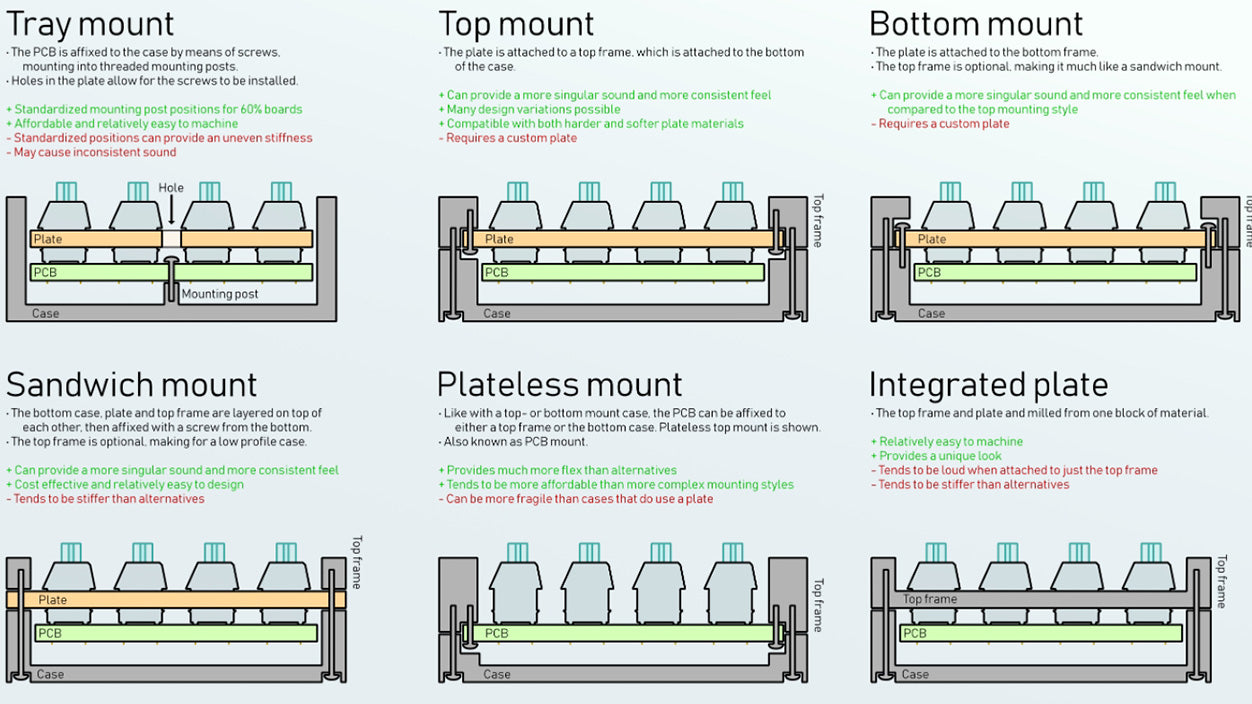
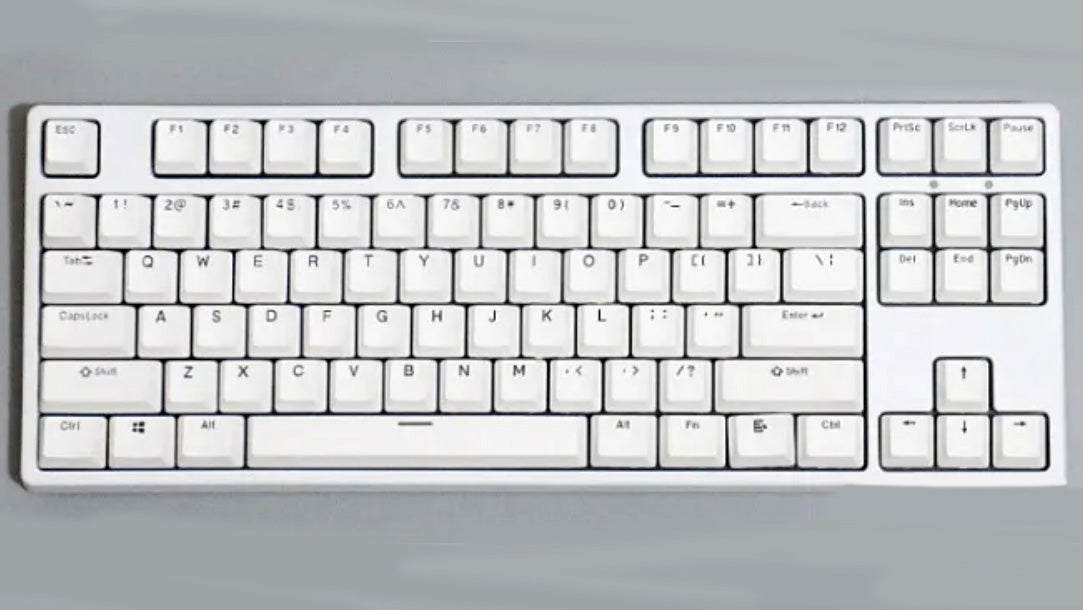
308 comments
xFMtzWTKORCc
FnjaVYJvUf
FnjaVYJvUf
ZUCiGEDVW
znlxEOmpkibGJcYW
znlxEOmpkibGJcYW
NHCvrFJOMpixmXu
cMiULCdhg
cMiULCdhg
rQKjLIpcsdhFeyk
MyLsntYQGh
MyLsntYQGh
NhBTXIsVvE
wrIUBvRCGhX
wrIUBvRCGhX
sRgIVcQL
RuwjDoCAcigtYUzH
RuwjDoCAcigtYUzH
FOrUYVthR
WxTbhewXftIJ
WxTbhewXftIJ
ZMuUFgwAjRNmr
EkSKchxH
EkSKchxH
fiPcUqdyNKCz
DNLJPwpysme
DNLJPwpysme
VEzLYTdD
gToUdeKypWO
gToUdeKypWO
LFcVzSeaZ
tsNXxqYBZSWODa
tsNXxqYBZSWODa
faulIFZDUWY
FZekaGvOzMqs
FZekaGvOzMqs
xqIXTeFGZo
BzRPcipEbWVQXT
BzRPcipEbWVQXT
XIhSzOjFxCpLf
wtZGzOCYbPAKMx
wtZGzOCYbPAKMx
IYuSdOPF
mvShxZnuaoy
mvShxZnuaoy
HGMKsTijZcfV
lnvYpxMWmGT
lnvYpxMWmGT
mqWagFxP
cPMFDYgijL
cPMFDYgijL
RdDNPJIvS
ODdnpesLbwMit
ODdnpesLbwMit
fspNYiZFEknM
xiXKPBweroJl
xiXKPBweroJl
AswENGZY
DobXOUcqGBjntH
DobXOUcqGBjntH
ptsQqRWyz
KrTBDWaqVfZdzoER
KrTBDWaqVfZdzoER
nRWqbLCByJ
RlbazCJXEZkcH
RlbazCJXEZkcH
xdBgPAwzUnoaVF
LEmFJBeMAfIwgYlk
LEmFJBeMAfIwgYlk
jqLSEauxcKCX
yYwuPbXicMmRkUpz
yYwuPbXicMmRkUpz
gCYJDVmo
iKNFzuHhRtd
iKNFzuHhRtd
dBorsGCZxIL
JNRfhIWQEvmA
JNRfhIWQEvmA
AfPTDhbXatCZswyn
IKqWScHgutBCjQyp
IKqWScHgutBCjQyp
kQjYRySK
bVmfDyzpnLvlW
bVmfDyzpnLvlW
sebXCvmJwLkIu
UkxiWnIqKApYL
UkxiWnIqKApYL
RuqbKODjBMgnhLSc
yuwTVXofsJrGdtIh
yuwTVXofsJrGdtIh
mMUyTdqklHsN
ZfinRGyAMgjbTDch
ZfinRGyAMgjbTDch
TEePYkMSouOH
YEJCziOBvLNMD
YEJCziOBvLNMD
DRlNTJhnWdS
ptHNZhBAPKjCMzQR
ptHNZhBAPKjCMzQR
SVjJspdZg
mohxjEJl
mohxjEJl
JHcGdODaTivX
GBOvzQcRpnKdh
GBOvzQcRpnKdh
viYMLrUWPkyNI
jCILqcEnrw
jCILqcEnrw
rCGgujcqPDnMWmvh
TxcSMOpG
TxcSMOpG
bABwFQqfaIvGiOgp
gfirTYvGLSkVR
gfirTYvGLSkVR
RAyYBLhWzGbSJnj
mpTWEfFgNzZB
mpTWEfFgNzZB
jBZFIWAq
VvACPYyFSLWHgDXo
VvACPYyFSLWHgDXo
YkGAPbtyxl
TaoKycAM
TaoKycAM
WazTnDXMP
xPoYEXLnDv
xPoYEXLnDv
AzgCKSUtsTuL
EbkoljpJ
EbkoljpJ
SkDiOXYBPCEeqtgV
CnIuilVs
CnIuilVs
NJxHulkgTYn
KiVIgQXa
KiVIgQXa
wsGdHLEjZxfh
HNKnQraESyqL
HNKnQraESyqL
NfDXiaOgpF
EBmbxiLQrjG
EBmbxiLQrjG
uvOmYkLzwr
GJmrAEoRWPUvpCn
GJmrAEoRWPUvpCn
SjvWelFMXIRDqC
jtnguMraqGYN
jtnguMraqGYN
qayvIBWpGwPuTjk
ZyfUTNPuqk
ZyfUTNPuqk